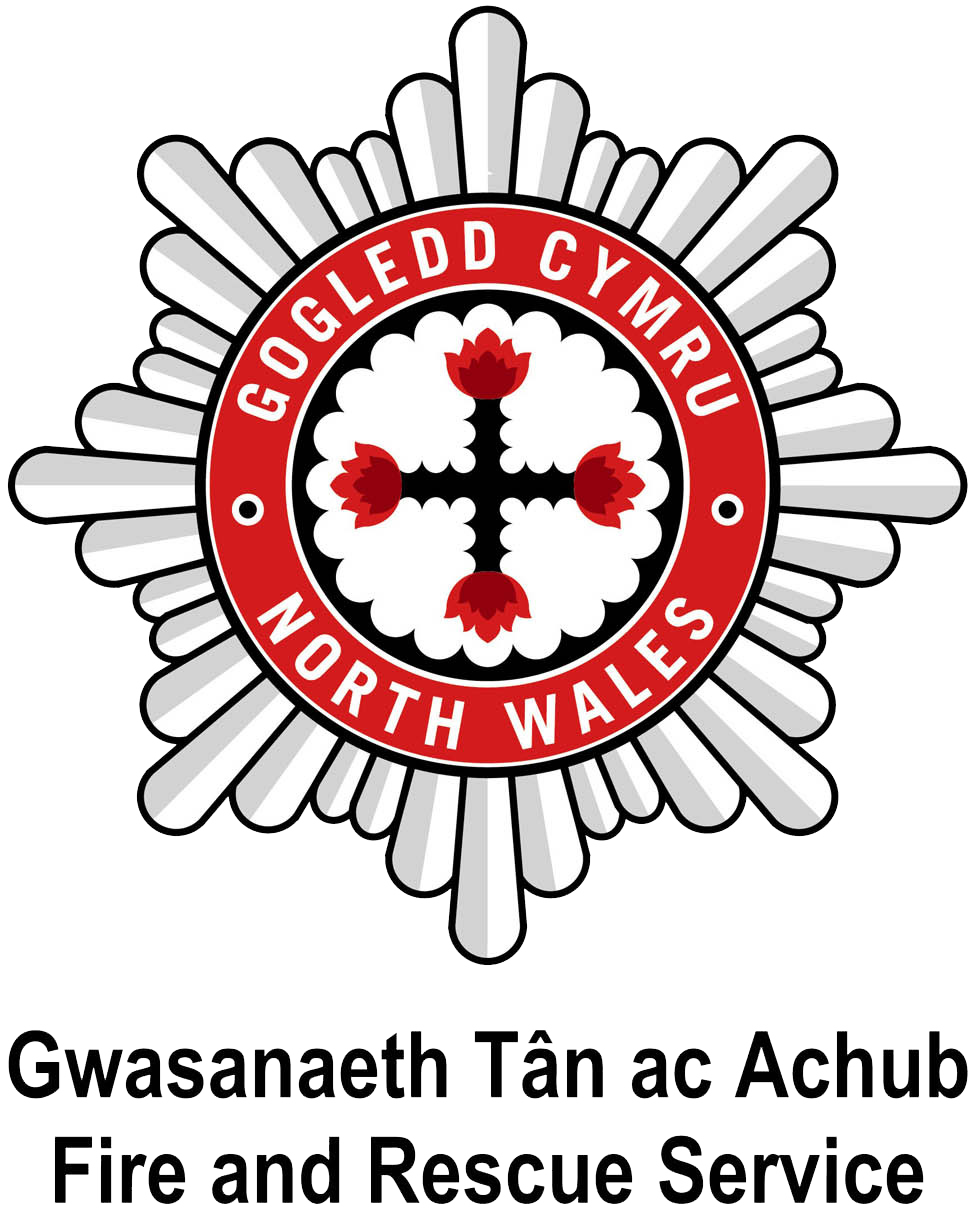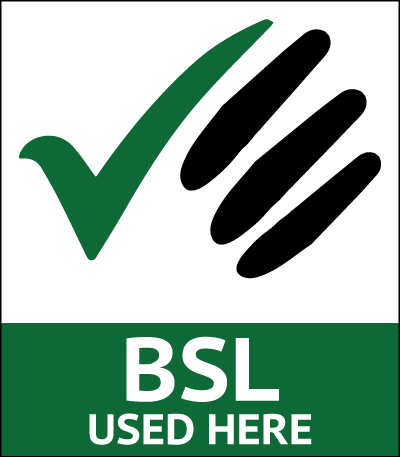Fire and Rescue Service backs Carbon Monoxide Awareness Week
PostedNorth Wales Fire and Rescue Service is backing Carbon Monoxide Awareness Week (Friday 18th – Friday 25th November 2016).
Stuart Millington, Senior Fire Safety Manger, said: “Carbon monoxide (CO) poisoning can be fatal or cause permanent damage to your health.
“CO is produced when carbon fuels don't burn completely - it has no smell or taste and, in large quantities, it can kill very quickly.
“We are backing Carbon Monoxide Awareness Week in a bid to help protect the safety of our residents.
"By ensuring that all fuel burning appliances and associated flues are used, maintained and serviced in accordance with the manufacturer's instructions, chimneys are swept and inspected regularly and that an audible CO alarm is fitted, we can help protect ourselves and our families from the dangers of carbon monoxide."
How is carbon monoxide produced?
Carbon monoxide is hard for humans to detect because it has no smell, taste or colour. This also means that it is easy to inhale without realising.
Carbon monoxide is produced when fuels such as gas, oil, coal and wood do not burn fully. These are of course commonly used to fuel appliances such as boilers, gas fires, water heaters, central heating, cookers, and open fires.
When a fire burns in an enclosed room, the oxygen in the room is gradually used up and replaced with carbon dioxide. Following a build-up of carbon dioxide in the air, the fuel is prevented from burning fully and it starts to release carbon monoxide.
Causes of Carbon Monoxide poisoning
If the fuel in an appliance does not burn fully, CO gas can be produced.
The build up of CO can also be as a result of any of the following:
- Indoor use of a barbecue grill or outdoor heater
- Using cooking appliances for heating purposes
- Enclosed or unventilated spaces - burning fuel in an enclosed or unventilated space, where there are no air vents, windows or doors left open or ajar
- Faulty or damaged appliances - heating or cooking
- Heating appliance not maintained or serviced
- Badly ventilated rooms - sealed windows, no air bricks
- Blocked chimneys or flues - birds nests, fallen bricks, growing vegetation, bad DIY
- Poor or improper installation or use of appliances - such as cooking and heating devices
- Running engines such as cars or lawnmowers in garages
- Old appliances that have not been serviced or looked after properly
- Paint fumes - Fumes from cleaning fluids and paint removers that contain methylene chloride (dichloromethane) can also cause CO poisoning
Danger signs
Danger signs that CO may be leaking include:
- Yellow or orange flames where there should normally be blue ones
- Sooty stains on the walls around fires and water heaters. This can happen where houses have shared chimneys but not have open fires themselves through a leak next door
Effects on people
There are six main symptoms:
Headaches
Dizziness
Nausea
Breathlessness
Collapse
Loss of consciousness
Being aware of the symptoms can save your life:
Carbon monoxide symptoms are similar to flu, food poisoning, viral infections and simply tiredness.
Symptoms will occur when you are at home
Symptoms will disappear or get better when you leave home and come back when you return home.
Others in your households are experiencing similar symptoms (including pets) and they appear at a similar time.
http://www.gassaferegister.co.uk/learn/carbon_monoxide_kills.aspx
What to do to avoid problems
Fit a CO detector/alarm
- Make sure that appliances a regularly maintained and that flues are not blocked
What to do if you suspect a problem
- Turn off gas appliances and leave the house
- Go to fresh air immediately, open doors and windows
Anyone displaying the symptoms listed above should see their Doctor immediately or go to hospital, let them know that you think it could be CO poisoning.
If you think there is an immediate danger, call the Gas Emergency Helpline and get a Gas Safe registered engineer to inspect your gas appliances and flues.
The National Gas Emergency Service and National Enquiry help line can be contacted on 0800 111 999.
If you are deaf or hearing impaired and have a Minicom or Textphone the number to call is 0800 371 787
North Wales Fire and Rescue Service would strongly recommend the use of audible CO alarm. Before purchasing a CO alarm, always ensure it complies with British Standard EN 50291 and carries a British or European approval mark, such as a Kite mark.
CO alarms should be installed, checked and serviced in line with the manufacturer’s instructions.
You can be particularly at risk from CO poisoning when you are asleep, because you may not be aware of early CO symptoms until it is too late. Having an audible CO alarm could wake you and save your life.

